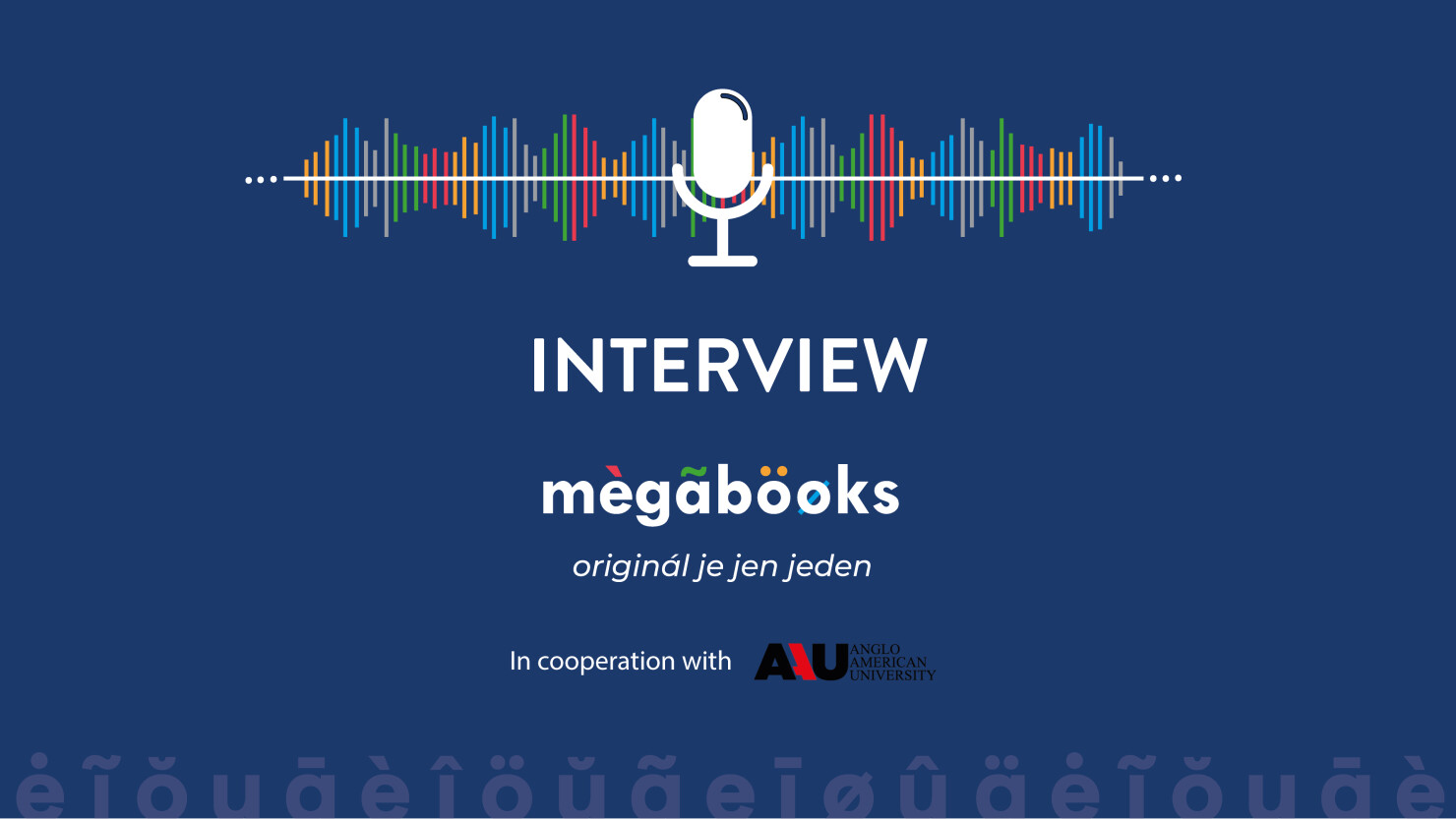How to read classics.
Five tips and tricks to get most out of your classes.
Gain insight into some of the greatest works of literature.
5 Tips for Students of Literature
Have you spent your childhood with your nose stuck in the book? Perhaps that’s why you chose literature as your college path. Unfortunately, excitement is way too often replaced by disappointment that your favorite fantasy/sci-fi saga is still not a traditional part of the canon, while you pretty much cannot avoid a detailed analysis of Wasteland by T.S. Eliot at one point or another.
It is then no surprise that under the pressure of school responsibilities and never-ending lists of required readings, students often choose the path of least resistance. Don’t worry, we’ve all been there. The truth remains, though, that if you decide to only suffer through literature courses, you deprive yourself of a unique insight into the hearts and minds of some of the best writers who have ever lived. And sooner or later you’ll come to regret it. That’s why I put together 5 tips on how to get the most out of your literature classes.
Read the assigned text (seriously)
I know, I know. But it is indeed the core of the entire learning experience. Don’t get me wrong, I completely understand the temptation of saving yourself precious hours by looking up summaries, googling text notes, cozying up for seconds on Sparknotes, then hopping on Netflix and calling it a day. Win-win, right? Knowledge is achieved quickly, and you get to see what happens to Eleven. Well, I’m sorry to disappoint you Stranger Things fans, but no. Of course, reading the summary is better than nothing, but read the original text. Not only do you remember the specifics of the discussed titles, but you get a better feel of the author’s writing style and, honestly, nothing impresses the examiner more than a discussion about the unusual order of adjectives in Fitzgerald’s Tender is the Night.
What does it all mean?
Reading finished? Now, and only now is it time to look up summaries. Dealing with the classics, there’s a good chance you miss some aspects of what the author was trying to convey. Why the hell is it important that Daisy Buchanan drinks Tom Collins? Why does Tom Sawyer steal the last third of Huck Finn? Well, that’s what summaries are for. They fill the gaps. Enjoy learning. Enjoy the ‘Aha’ moments. Enjoy the fact that summaries will also often lead you to point no.3.
No work of literature is an island
Nothing exists in isolation, let alone works of art. It’s always good to think about the wider context of when the works were written. Who were the author’s contemporaries? Did they interact and influence each other’s work? If so, how? What movements and historical events could be reflected in the work? Look for these connections. Frankenstein wouldn’t be Frankenstein without the Age of Enlightenment, and the works of Milton and Ovid. Contrast and compare. Compare Thoreau’s Civil Disobedience with the Declaration of Independence and Fitzgerald’s views of the 1920s in the USA with those of Faulkner. I know it sounds like a lot of work, but once you’ve done it, you start to think about literature in a logical way rather than a collection of facts you must memorize.
Think freely and speak up
If there’s one thing I would change about my school years, it’s the way I kept quiet, too often opting for silence out of fear that I would say something stupid or wrong. Usually, one of two things happened: someone else said what I wanted to say, or I later regretted not having the chance to discuss something I found fascinating. To this day, I have frustrated mental discussions about the symbolism of light in A Streetcar Named Desire. Reading a book is not a one-way street, you don’t just passively soak up information. You ain’t no sponge after all. Besides, further, in life, there won’t be many instances when the only thing that will be required from you is to discuss your theories and ideas with your reading buddies. And people on the metro tend to look at you weirdly when you randomly bring up things like, hypothetically, light in A Streetcar Named Desire. I guess what I’m saying is – please, enjoy it while you can!
Last but not least: Have fun!
We often think about classics as those enormous books gathering dust on the shelf because they are too intimidating to read (hello, War and Peace). They are on our ultimate TBR list, but we instinctively put them off until we feel that we are smart enough to read them (i.e. – never!) Well, good news. You already possess everything needed for reading classics. 1. You have the ability to read, 2. You have an interest in literature, and 3. You (probably & hopefully) have eyeballs. Classics are classics not because they are untouchable works intended for a chosen few. Most are classics because the stories they tell and the way they tell them have been resonating with readers for generations.
I am not going to lie – you probably won’t love everything on your reading list. Heck, you’ll probably even hate some of them. For me, The Bell Jar balances dangerously close this border. But I promise you will learn something from them. And there’s always a way to make classics more fun and relevant, be it through movie adaptations, infographics, or retellings. And who knows, maybe you’ll find some of your favorite books, ones that will stay with you forever. And that’s well worth the effort.



















